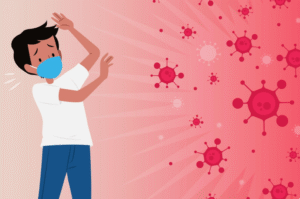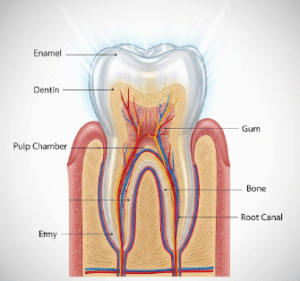Overview
Neurodivergent is a term used to describe individuals whose neurological development and functioning differ from what is considered “typical”. This concept encompasses conditions such as autism spectrum disorder (ASD), attention-deficit/hyperactivity disorder (ADHD), dyslexia, dyspraxia, and Tourette’s syndrome, among others.
The term neurodivergence emphasizes that these differences are natural variations in the human brain, rather than disorders to be “cured.” In Korea, growing awareness and acceptance of neurodivergent individuals have led to educational accommodations, workplace support, and specialized therapies to enhance daily functioning and well-being.
Key Facts
➤ Neurodivergent individuals process information, perceive stimuli, and interact with the environment differently from neurotypical individuals.
➤ Neurodivergence is not inherently a disease, but can present challenges in social, academic, or professional settings.
➤ Common forms include autism, ADHD, dyslexia, dyspraxia, and sensory processing differences.
➤ Early recognition and support can maximize potential and reduce stress or secondary mental health issues.
➤ In Korea, there is increasing access to neuropsychological evaluation, therapy, and educational accommodations.
What is Neurodivergent?
Being neurodivergent means that an individual’s brain functions, learns, and responds differently than the majority of the population.
➔ Characteristics may include:
- Unique ways of thinking, learning, and problem-solving
- Differences in attention, sensory processing, or social communication
- Strengths and talents often associated with divergent thinking
It is important to note that neurodivergence exists along a spectrum, and the impact on daily life varies widely among individuals.
Symptoms or Traits Related to Neurodivergence
While neurodivergence manifests differently depending on the condition, some common traits include:
➤ Social communication differences – difficulty interpreting social cues, maintaining eye contact, or understanding implicit language.
➤ Sensory sensitivities – heightened or reduced response to light, sound, touch, or textures.
➤ Attention and focus challenges – hyperfocus on interests or difficulty sustaining attention on tasks (common in ADHD).
➤ Motor coordination differences – clumsiness, difficulty with fine or gross motor tasks (dyspraxia).
➤ Learning differences – challenges with reading, writing, or math (dyslexia, dyscalculia).
➤ Repetitive behaviors or routines – common in autism spectrum disorder.
➤ Emotional regulation differences – heightened anxiety, frustration, or mood fluctuations.
Causes / Possible Causes
The causes of neurodivergence are multifactorial and can involve genetic, environmental, and developmental factors:
Genetic Factors
➤ Family history of autism, ADHD, or other neurodevelopmental conditions.
➤ Genetic variations affecting brain structure and neurotransmitter function.
Prenatal and Perinatal Factors
➤ Maternal nutrition, stress, or exposure to toxins during pregnancy.
➤ Premature birth or complications during labor and delivery.
Neurodevelopmental Factors
➤ Variations in brain connectivity and neural networks.
➤ Differences in sensory processing pathways and executive functioning.
Risk Factors
➤ Family history of neurodevelopmental conditions.
➤ Premature birth or low birth weight.
➤ Early neurological injuries or infections.
➤ Environmental exposures affecting brain development.
➤ Lack of early intervention or support in learning and social environments.
Complications
Without understanding and support, neurodivergent individuals may experience:
➤ Social isolation or difficulties in relationships
➤ Academic or occupational challenges
➤ Increased risk of anxiety, depression, or other mental health concerns
➤ Stress due to sensory overload or executive functioning demands
➤ Lower self-esteem or feelings of inadequacy due to societal expectations
When Should I See a Professional?
Consult a healthcare or educational professional if:
➤ A child or adult shows persistent challenges in learning, social interaction, or daily functioning.
➤ Sensory sensitivities or behavioral differences interfere with daily life.
➤ Signs of mental health issues such as anxiety or depression appear.
➤ Parents or caregivers seek diagnosis, evaluation, or support strategies.













